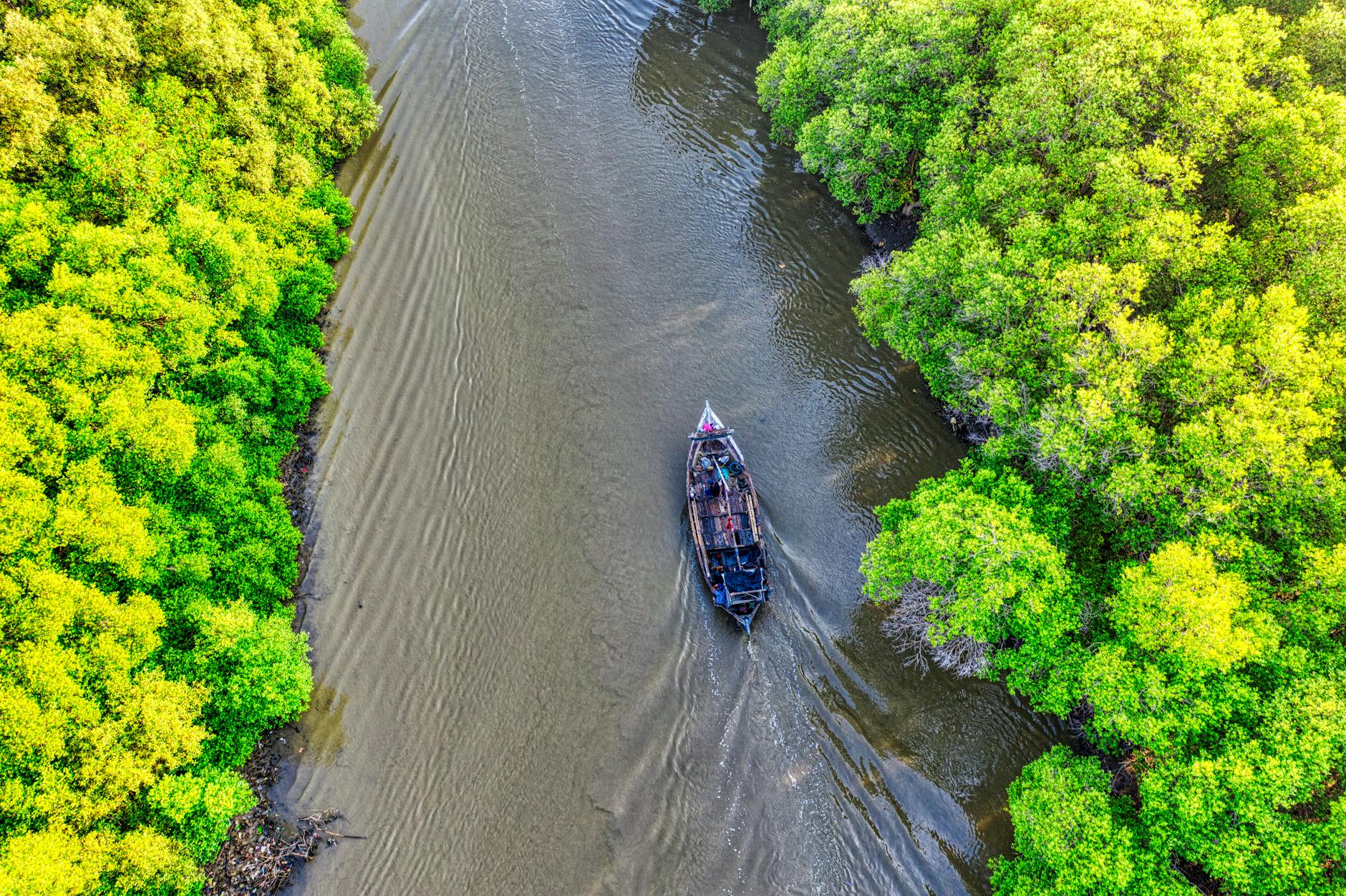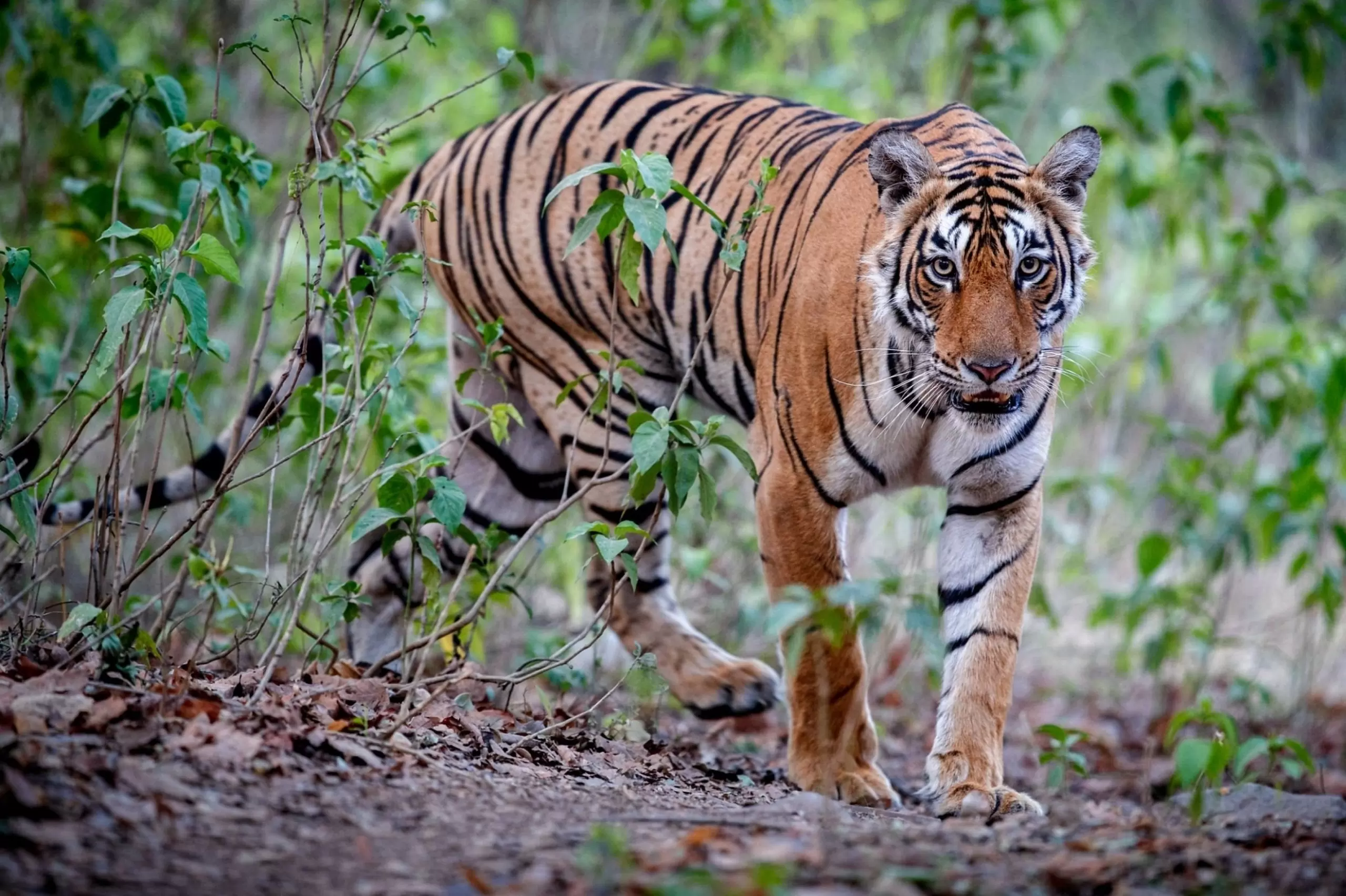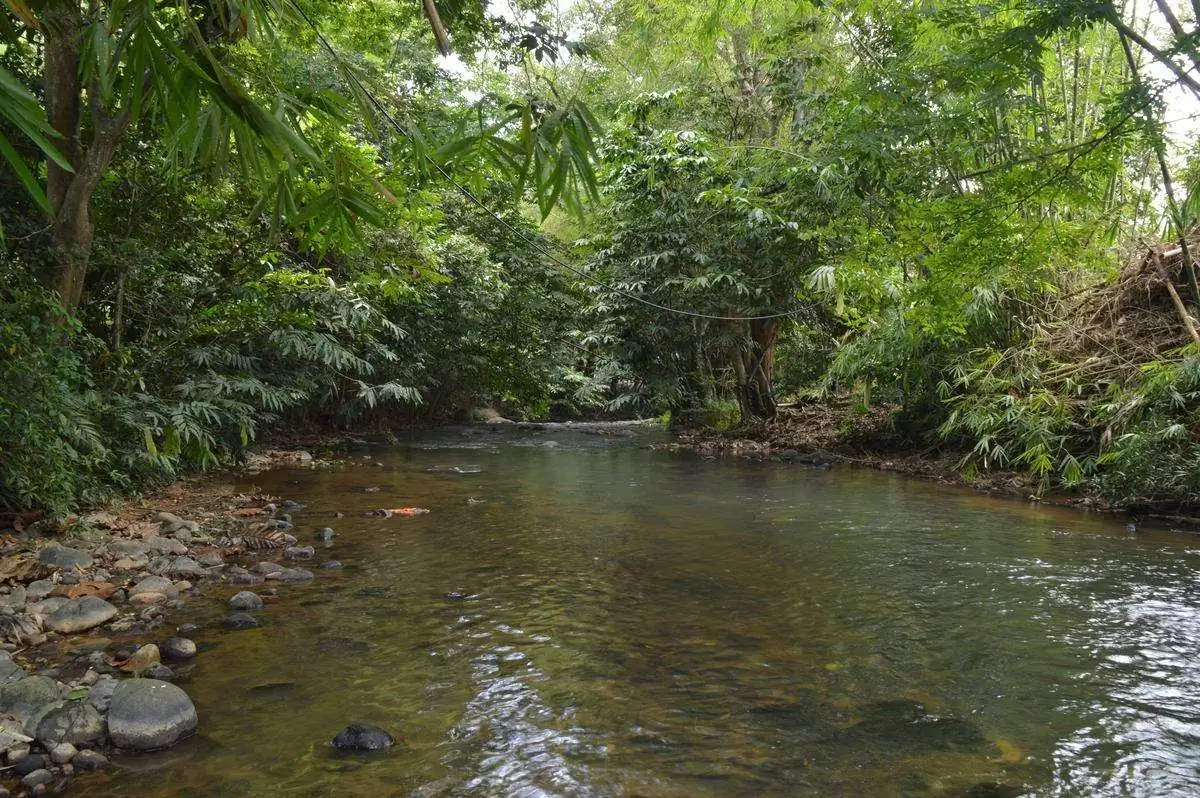

Imagine a place where land and sea merge in a mesmerizing dance, where dense mangroves whisper secrets to the tidal waters, and where the elusive Bengal tiger prowls through the shadows. Welcome to the Sundarbans, a hidden paradise teeming with life and adventure. Surprisingly close to Kolkata, this breathtaking wilderness is just a few hours away, offering an escape into nature’s untouched beauty.
Have you ever dreamed of experiencing nature in its rawest form? The Sundarbans promises exactly that—an unforgettable blend of thrilling wildlife encounters, serene waterways, and an ecosystem unlike any other. As a UNESCO World Heritage Site, this region is a global treasure, home to unique flora and fauna that make it one of the most fascinating destinations on Earth.
In this guide, we’ll take you through everything you need to know about planning your journey from Kolkata to the Sundarbans, exploring its wonders, and immersing yourself in experiences that will leave you in awe. We’ll also highlight the vital conservation efforts that are preserving this natural wonder for future generations.
Spanning approximately 10,000 square kilometers across India and Bangladesh, the Sundarbans is the largest contiguous mangrove forest on the planet. This vast expanse of tidal waterways, mudflats, and small islands creates a landscape that is both mesmerizing and crucial to the region’s ecology.
Recognized for its exceptional biodiversity and ecological importance, the Sundarbans was inscribed as a UNESCO World Heritage Site in 1987. This designation underscores the need for its preservation, as it plays a vital role in coastal protection and serves as a habitat for countless species.
The Sundarbans is home to an extraordinary array of wildlife, all uniquely adapted to its brackish water environment. The region boasts over 330 plant species, 35 reptile species, 315 bird species, and 42 mammal species. The intricate root systems of the mangroves not only prevent coastal erosion but also serve as nurseries for various marine creatures.
Perhaps the most legendary inhabitant of the Sundarbans is the Bengal tiger. With an estimated population of around 100 individuals on the Indian side, these tigers have adapted to the mangrove forests by developing a remarkable ability to swim long distances. Spotting one is an experience like no other.
For the best experience, plan your trip between November and February, when the weather is pleasantly cool, ranging from 12°C to 25°C. Wildlife sightings are also more frequent during this period. Summers (March to June) can be hot and humid, while the monsoon season (July to October) brings lush greenery but also heavy rains that can limit accessibility.
By Train: Take a train from Sealdah Station to Canning, which takes about 1.5 hours. From Canning, you can hire a taxi or take local transport to Godkhali, the main gateway to the Sundarbans.
By Bus: Regular buses operate from Kolkata to Canning or Godkhali, providing an affordable travel option.
By Private Car: Hiring a taxi or driving to Godkhali (approximately 110 km from Kolkata) offers flexibility and convenience.
By Boat: Ferries and boats from Godkhali or Jharkhali take you into the heart of the Sundarbans.
For a hassle-free experience, consider booking a tour package that includes transportation and guided excursions.
Select a reputable tour operator to ensure a safe and well-organized journey. Look for companies with positive reviews, proper licensing, eco-friendly practices, and knowledgeable guides who can enrich your experience.
Pack light but smart. Essentials include:
Lightweight, breathable clothing
Sunscreen, hat, and sunglasses
Insect repellent
Binoculars for wildlife spotting
Waterproof bags for electronics
First-aid kit
Reusable water bottle
Ensure you have the necessary permits, which are usually arranged by tour operators. A valid photo ID is required, and if you’re bringing professional camera equipment, a special permit may be needed.
The Sundarbans is best explored by boat, gliding through narrow creeks and vast river channels. Choose from day trips, overnight stays, or extended safaris for deeper immersion into this unique ecosystem.
Keep your eyes peeled for:
The elusive Bengal tiger
Saltwater crocodiles basking on riverbanks
Spotted deer and wild boars foraging in the undergrowth
Troops of macaques swinging through the trees
With over 300 bird species, the Sundarbans is a haven for bird lovers. Look out for:
Kingfishers (including the striking pied kingfisher)
White-bellied sea eagles
Brahminy kites
Egrets and herons wading in shallow waters
A visit to the Sundarbans isn’t complete without exploring its villages. Meet the resilient locals who have adapted to life in this challenging environment, learn about traditional fishing methods, and discover how they coexist with the wild.
Step onto wooden walkways and trails that wind through the mangroves, offering an up-close look at the intricate root systems and the small creatures that call this environment home.
Watch skilled fishermen cast nets and trap crabs using age-old techniques that have been passed down through generations.
Meet the fearless “mouwalis,” honey gatherers who venture deep into tiger territory to collect wild honey—a high-risk tradition that remains vital to the local economy.
Efforts to conserve the Sundarbans focus on habitat preservation, anti-poaching measures, and wildlife monitoring programs to protect species like the Bengal tiger and Ganges river dolphin.
Local communities play a crucial role in protecting the ecosystem through:
Mangrove reforestation projects
Human-wildlife conflict mitigation programs
Environmental education initiatives
To minimize environmental impact, eco-friendly tourism initiatives include:
Limited group sizes for boat tours
Use of solar-powered boats
Strict waste management policies
Just a short journey from Kolkata, the Sundarbans offers a rare opportunity to witness nature at its most raw and beautiful. Whether you’re gliding through mangrove channels, spotting a tiger in the wild, or engaging with local communities, this journey promises memories that will last a lifetime.
Explore our Sundarbans tour packages and start planning your adventure today! By choosing responsible travel options, you can help preserve this delicate ecosystem while experiencing one of the world’s most extraordinary natural wonders.


